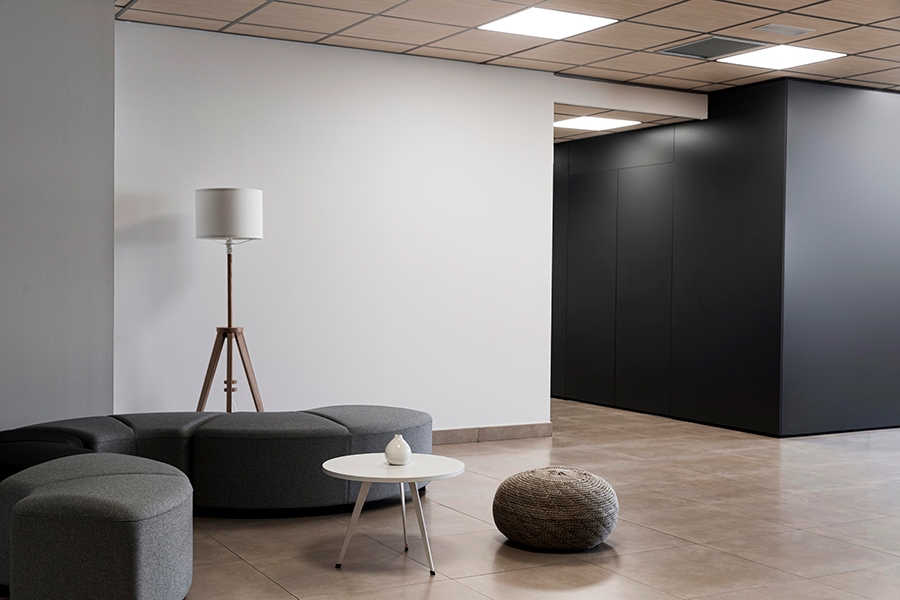What is a 1031 Exchange?
A 1031 exchange is a mechanism used by experienced real estate investors in some cases to defer capital gains taxes on a real estate transaction. Using this IRS rule can save an investor a lot of money, but there are guidelines that need to be followed in order to avoid penalties.
A 1031 Exchange is an exchange of property.
The 1031 exchange derives its name from the section of the Internal Revenue Service code that authorizes it, 26 U.S. Code § 1031. The section, entitled “Exchange of real property held for productive use or investment” spells out, in a not very easy to read manner, how one investment property can be exchanged for another and have the capital gains taxes deferred. This exchange, however, has some significant requirements that must be met for investors to get the full benefit.
What property is allowed?
The 1031 exchange is designed primarily for business or investment properties. In days gone by, those categories were not well defined, but in 2008, the Internal Revenue Service issued a pamphlet that gave investors better guidance.

In general terms, the only property allowed is business or investment real estate. Primary residences are normally not allowed to be used in an exchange, although there are circumstances that do allow it if the owner has not occupied it for specified lengths of time and other very specific conditions. Additionally, only properties located in the United States are eligible for this process. Properties in the exchange must be considered “like-kind”.
What is “like-kind” property?
A common misconception is that the properties need to be the same size or type. The term refers to the nature or characteristics of a property, not necessarily the quality. For example, an apartment building can be exchanged for a retail property or an office complex could be exchanged for vacant land.

In previous years, investors used items like artwork, stocks or other personal property in these exchanges. This practice was curtailed with legal changes that went into effect on January 1, 2018. Real estate is the only property allowed in the exchange.
How does a 1031 exchange work?
There are a couple of types of exchanges. Same-day exchanges are exactly what they sound like; two parties make the exchange through a facilitator. The majority of them are delayed exchanges. In this case, a qualified intermediary holds your cash after you sell the property and then uses it to make the purchase of the replacement property.
There are two very important time factors involved. First is the so-called 45 Day rule that requires the investor to designate up to three properties as replacements inside of that 45-day time frame.
The second time factor is the 180 Day rule. Simply put, you have to close on the new property within 180 days of the closing date from the property you sold.
There is also a mechanism called a reverse exchange. This allows the investor to buy a replacement property before selling the one they already owned. The 45- and 180-day rules still apply.
Why would I want to exchange?
There are a number of reasons an investor may want to consider an exchange. A simple one may simply be that they want to move. Perhaps you own an apartment building in the Northeast that you could use in an exchange for a commercial property here in Naples. Naples Relocation Experts can help you find the perfect home & the perfect 1031. This is what makes our team different. You are either a commercial expert or a residential expert. We are experts in both. Relocation isn’t specific to residential. We help people relocate their most important assets whether that is their family, their home or the business.”
Another reason may be a desire to diversify your assets or you’re seeking something you think may have a bigger return in the future, such as exchanging an office building for vacant land in an area you predict will become more in demand.

Some people also choose to use a 1031 exchange for estate planning purposes. If you pass without having sold the property obtained through a 1031 exchange, the heirs receive it at the market rate value, and all deferred taxes are erased.
There are other restrictions that apply to 1031 exchanges regarding vacation homes, rental homes, buying property for the purpose of selling it and other situations. Naples Relocation Experts would be happy to help you locate a qualified tax professional that could address your specific situation. If you’d like to take advantage of Florida’s growing population and the business-friendly environment by moving your asset here, we can help.
Contact us or call us at 239-269-7685.
Note: This article is for information purposes only and should not be construed as legal advice. Please consult your tax advisors for specific guidance.
- Investing in Naples Luxury Real Estate - April 10, 2024
- Finding A Luxury Home In Naples - March 10, 2024
- Naples Property Taxes - February 10, 2024

